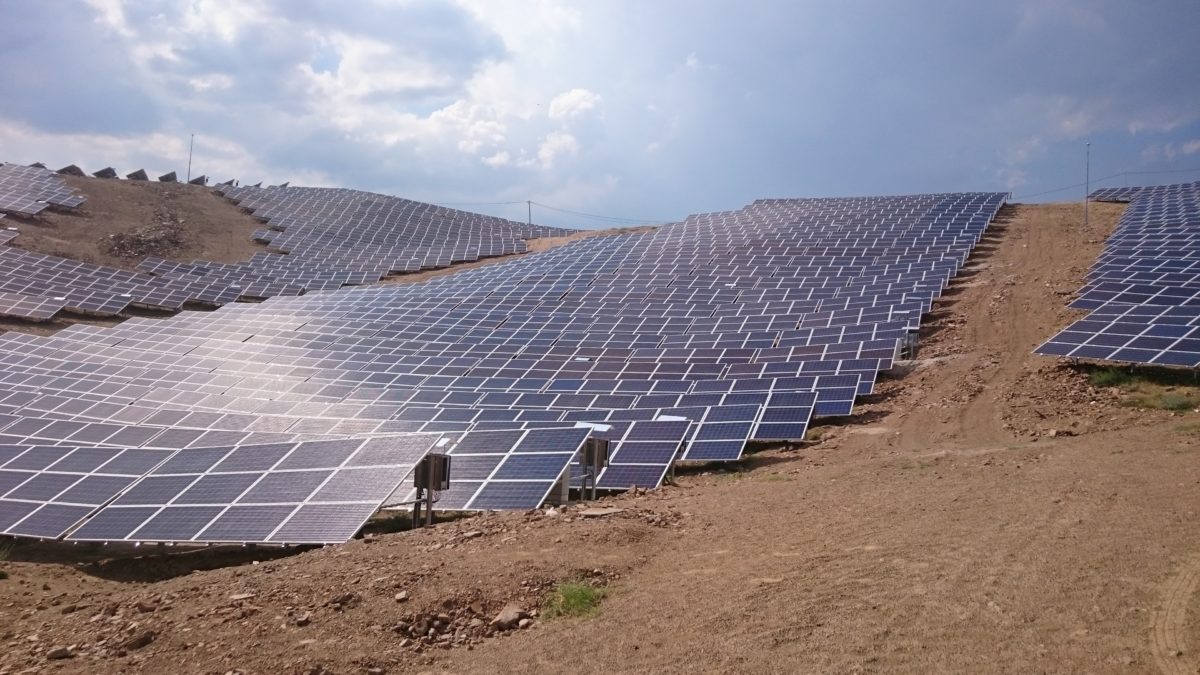Turkey has doubled its solar energy capacity in just two and a half years, surpassing its 2025 target more than a year ahead of schedule, according to a new report by Ember, an independent UK think tank that focuses on energy-related issues.
The nation's solar capacity jumped from 9.7 GW in mid-2022 to 19.6 GW by the end of 2024, driven primarily by self-consumption installations, which accounted for 94% of the growth.
The rapid expansion marks a sharp acceleration in deployment. While the previous doubling took over four years, the latest surge occurred in half that time, said London-based Ember.
The shift to renewables has also improved Turkey’s energy security. Ember said that solar and wind power likely helped the country avoid $15 billion in natural gas imports over the past two years, with solar alone displacing $5.4 billion worth of natural gas.
In 2024, solar generation provided 6% of Turkey’s electricity supply, reducing reliance on fossil fuels, noted the company.
It also highlighted the nation's potential for further expansion, pointing to rooftop PV, floating solar, hybrid, and storage-integrated solar projects as key growth drivers.
Turkey has already pre-licensed 33 GW of storage-integrated solar and wind projects, far exceeding its official 2030 target of 2.1 GW, said Ember.
With the 2025 solar target already met, Ember argued that Turkey could set more ambitious renewable energy goals in its next Nationally Determined Contribution (NDC) under the Paris agreement on climate change. This would be aligned with the country's long-term climate strategy, strengthening its role in the global clean energy transition, claimed the think tank.



By submitting this form you agree to pv magazine using your data for the purposes of publishing your comment.
Your personal data will only be disclosed or otherwise transmitted to third parties for the purposes of spam filtering or if this is necessary for technical maintenance of the website. Any other transfer to third parties will not take place unless this is justified on the basis of applicable data protection regulations or if pv magazine is legally obliged to do so.
You may revoke this consent at any time with effect for the future, in which case your personal data will be deleted immediately. Otherwise, your data will be deleted if pv magazine has processed your request or the purpose of data storage is fulfilled.
Further information on data privacy can be found in our Data Protection Policy.